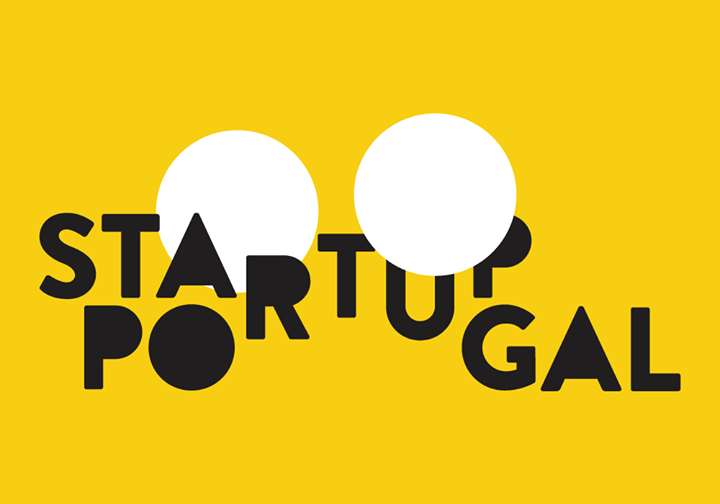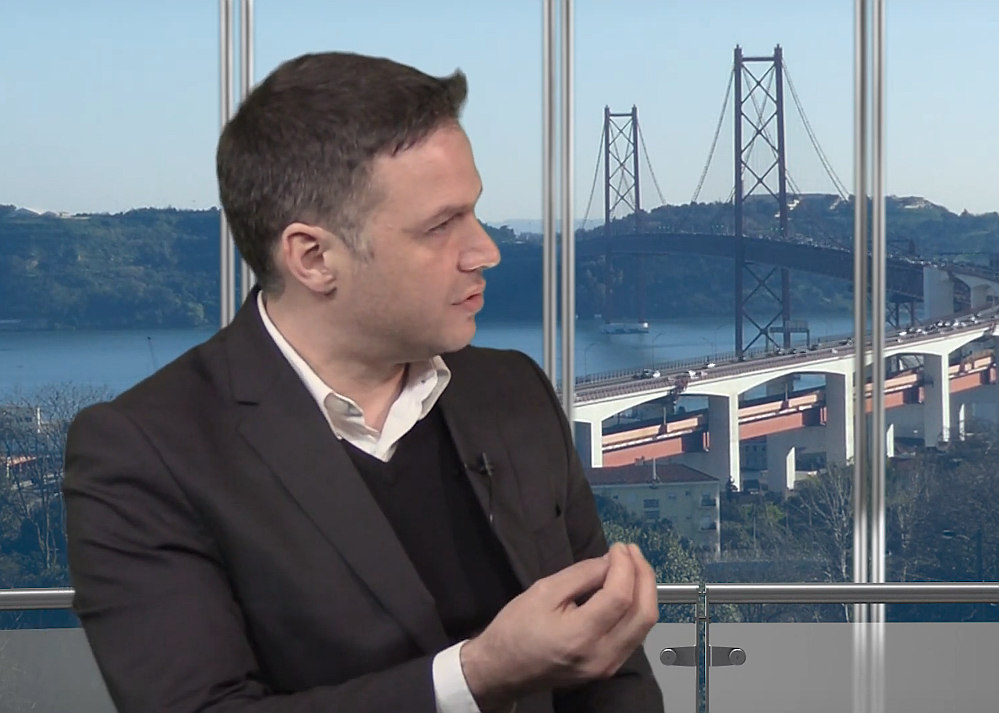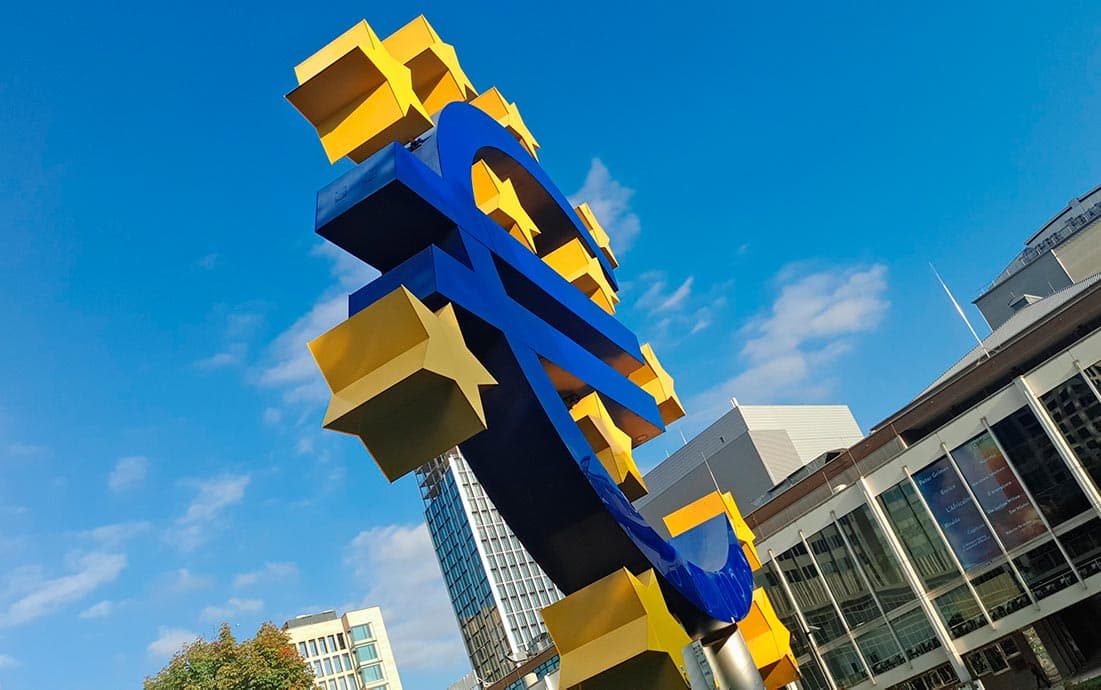Most startup enterprises in Europe are "undervalued", says the director of Startup Portugal, who believes that the local nature of funding in the European entrepreneurial ecosystem makes an investment bubble scenario unlikely.
"I think this is more a US problem than a European problem," João Mendes Borga told Via News in an exclusive interview when asked about reports warning of a potential investment bubble burst in the tech industry.
João, who has been working for Startup Portugal—a public-private think tank that serves as a medium between the government, entrepreneurs, incubators, and accelerators—argues that such an improbability has its roots in the fact that entities in the United States can aggregate funds from North America, which makes it possible to make huge rounds of investment in startups.
"That's not the case in Europe as most of the funds are built around national initiatives or national players," he said, adding that it means very big rounds of investment are not likely to take place in the European startup scene.

According to him, players in Germany, France, or even the UK—which officially left the European Union in early 2020, do not have the capability of doing syndicated rounds of investment as seen in the U.S. "Together we might be able to do so, but not as single countries."
Startup Portugal's director maintains that this is the fundamental reason why a bubble burst as a result of extremely high valuations is not a matter of concern in Europe.
"The valuations can be high but the investments will be reasonably pulled down. And I think most of the European startups, if anything, are undervalued," he said, adding that Portuguese companies, in particular, have "very low valuations" but "I'm not incentivizing a bubble on Portuguese startups".
Investment Attraction to Portugal
Asked about the major steps taken by Portugal to bring in foreign investment, the former project manager at Startup Lisboa said devising communication strategies to report the latest developments in the national startup ecosystem to the international audience has been one of the most important measures to this end.
He said sharing the news about the technologies being used in the country, different investment rounds in startups, and scaleups becoming unicorns can give confidence to investors.
Portugal has so far produced three unicorns, namely Talkdesk, an enterprise cloud contact center; Farfetch, a global technology platform for luxury fashion; and OutSystems, a low-code platform for building mobile and web apps.
"I think for many many years what was happening in our community and our local ecosystem was not communicated internally and externally in the right manner and that had an implication for everyone," João said, adding that the pace of developments has increased and more investors are entering the Portuguese market due to improved communication.

"Also, we can't be dismissive of having the Web Summit here because that brings people physically to the country," he noted while saying that participants' interaction with people in Portugal creates a "bond of trust" regardless of their experience at the conference.
Sharing the news about developments taking place in the Portuguese startup community can give confidence to investors.
João Mendes Borga, director at Startup Portugal
Lisbon's replaced Dublin as the host of Web Summit, Europe's largest tech event, in 2016 and hosted for two consecutive years. It was announced in 2018 that it will remain the host for another 10 years.
"Investors invest in people and things that they feel comfortable with and are trustworthy. They know there's risk associated with all these things, but they will put money in things that they trust…Having them travel over here… create more trust and they will be keener to invest in initiatives that come from our country," João said.

